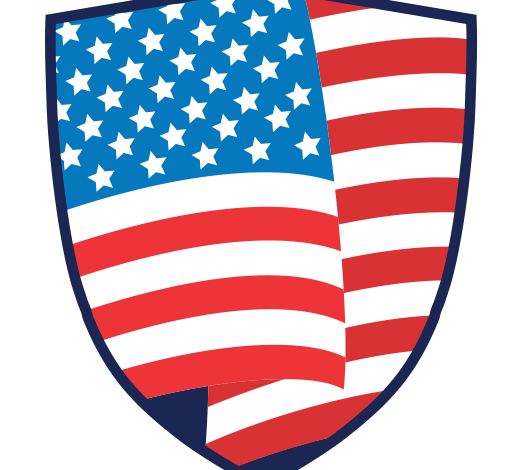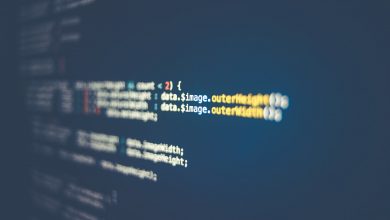
Fourth of July, also called Independence Day or July 4th, in the United States, is the annual celebration of nationhood. It commemorates the passage of the Declaration of Independence by the Continental Congress on July 4, 1776.
On July 4, 1776, the 13 colonies in the new world claimed their independence from England, in an event which eventually led to the formation of the United States. Each year on the fourth of July, also known as Independence Day, Americans celebrate this historic event.
Conflict between the colonies and England was already a year old when the colonies convened a Continental Congress in Philadelphia in the summer of 1776. In a June 7th session in the Pennsylvania State House, which would later be renamed Independence Hall, Richard Henry Lee of Virginia presented a resolution with the famous words:
"Resolved: That these United Colonies are, and of right ought to be, free and independent States, that they are absolved from all allegiance to the British Crown, and that all political connection between them and the State of Great Britain is, and ought to be, totally dissolved."
Amid heated debate, Congress postponed the vote on Lee’s resolution, but appointed a five-man committee—including Thomas Jefferson of Virginia, John Adams of Massachusetts, Roger Sherman of Connecticut, Benjamin Franklin of Pennsylvania and Robert R. Livingston of New York—to draft a formal statement justifying the break with Great Britain. This statement or document would later be known as the "Declaration of Independence."
The Continental Congress would vote in favor of independence from Great Britain on July 2nd, but did not actually complete the process of revising the Declaration of Independence, originally drafted by Thomas Jefferson in consultation with fellow committee members John Adams, Benjamin Franklin, Roger Sherman, and William Livingston, until two days later.
The celebration was initially modeled on that of the king’s birthday, which had been marked annually by bell ringing, bonfires, solemn processions, and oratory. The ritual of toasting the king and other patriot-heroes—or of criticizing them—became an informal kind of political speech, further formalized in mid-18th century when the toasts given at taverns and banquets began to be reprinted in newspapers.
Why do we celebrate on the Fourth of July?
While Discussions regarding changes to the Declaration of Independence resulted in some minor changes, the spirit of the document was unchanged. The process of revision continued through all of July 3 and into the late afternoon of July 4, when the Declaration was officially adopted.
Founding father, John Adams, always believed that July 2nd was actually the correct date on which Americans should celebrate the birth of the new republic's independence, and would reportedly turn down invitations throughout his life to appear at July 4th events in protest. Ironically enough, Adams and Thomas Jefferson would both die on July 4, 1826—the 50th anniversary of the adoption of the Declaration of Independence.





Leave a Reply
Thank you for your response.
Please verify that you are not a robot.